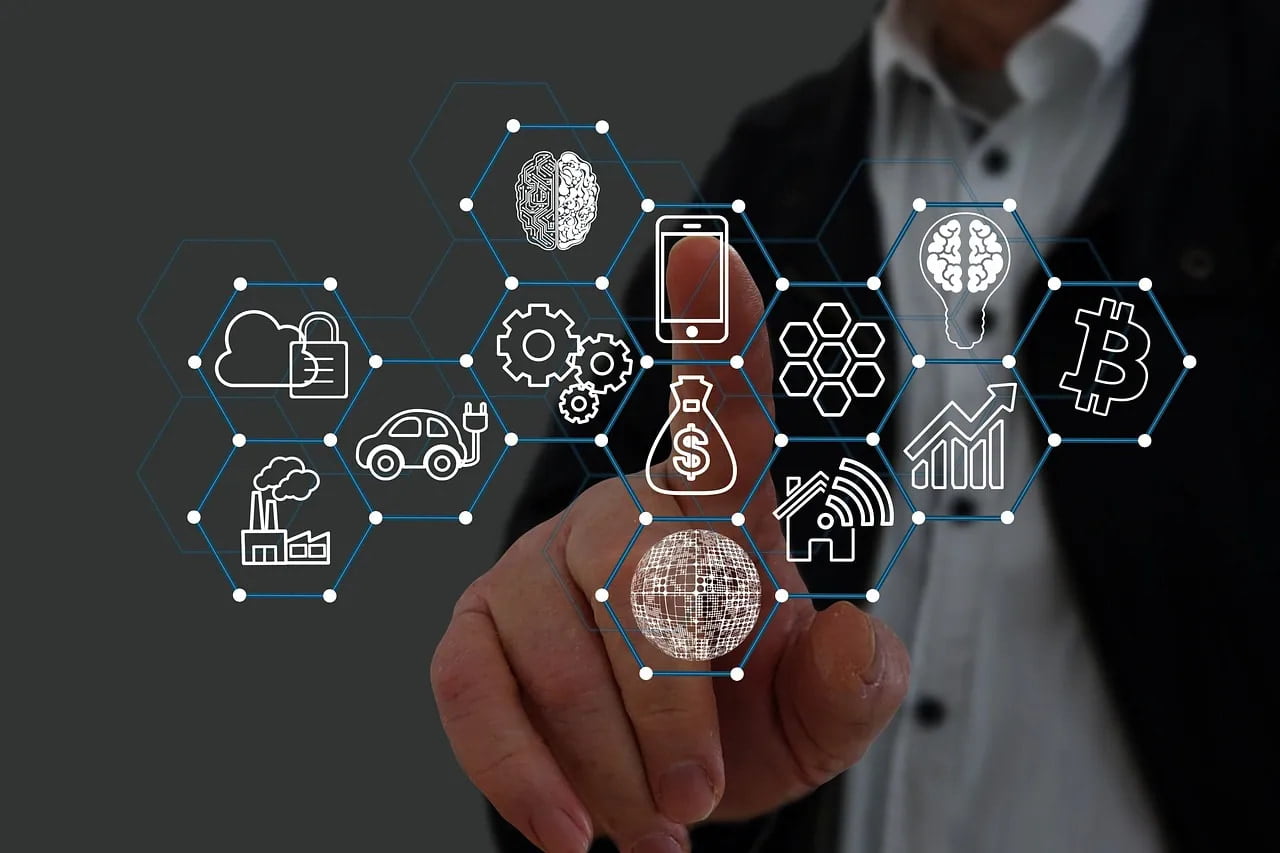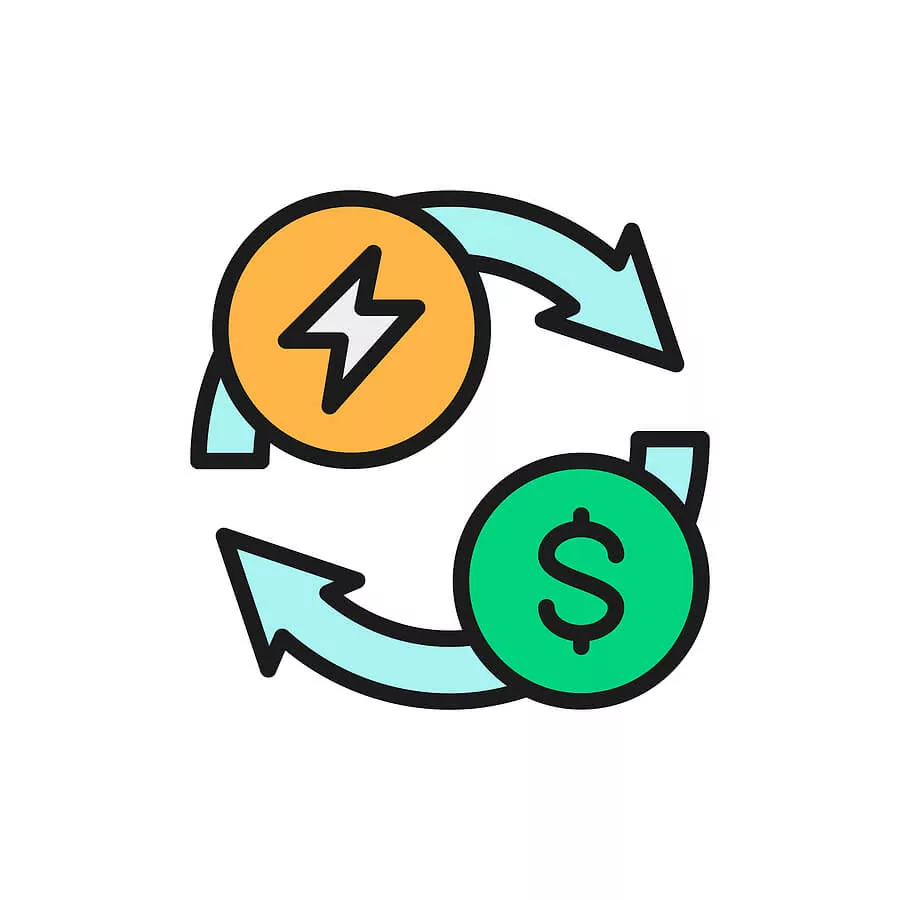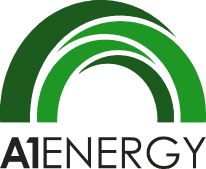
In the ever-evolving world of energy, staying ahead of the curve is crucial for any commercial energy consultant looking to provide exceptional service to clients. As energy systems become more complex and sustainability takes center stage, consultants must employ innovative strategies to optimize energy efficiency, reliability, and sustainability. This blog post delves into game-changing strategies that energy consultants should master to remain competitive and relevant in the field.
Harnessing the Power of Renewable Energy Systems
With the global momentum firmly shifting towards cleaner energy sources, the integration of renewable energy systems in your clients' infrastructures is no longer just an environmentally conscious choice—it's practically an imperative. As an energy consultant, your role is to weave the potential of renewable energies into the fabric of an organization's energy strategy, and the payoff may be a future that’s greener and more cost-efficient.
Current government incentives and grants can significantly offset capital costs, making renewables not just a smart ecological choice but a solid financial one, too. For instance, the U.S. federal government currently offers an Investment Tax Credit (ITC), which allows businesses to deduct 30% (or more) of the cost of installing a solar power system from their federal taxes (SEIA, 2023). The tax credit can be sold to offset capital outlay if the host site cannot benefit year one.
“Renewable energy is a clear winner when it comes to boosting the economy and reducing carbon emissions.”– Tom Steyer
But here's where your expertise as an energy efficiency expert really shines—understanding the site-specific potential and technological advancements crucial for optimal integration. These considerations can make or break the effectiveness and return on investment of the selected renewable systems.
Data-driven tools and energy strategy planning platforms are increasingly available to help identify the best fit. By harnessing these technologies, energy consultants can offer accurate models and forecasts tailored to each unique site. The result? A reduction in energy consumption that aligns perfectly with both corporate sustainability goals and—importantly—energy cost savings.
Precisely placed solar arrays, sized for optimum financial return, with or without battery back-up are vital components of today’s energy management systems. The smartest consultants are those who embrace this shift, leveraging it to drive both sustainability and profitability for their clientele.
Data-Driven Energy Usage Analysis
In the world of energy consulting, the marriage between big data and the Internet of Things (IoT) is like having a superpower that every energy consultant dreams of. These technologies have truly revolutionized how we approach energy management, and at the heart of it all is the intricate art of energy usage analysis. By utilizing the real-time data, an energy advisor can now determine inefficiencies and peak usage predictions with ease. With advanced data analytics at their fingertips, consultants can craft tailor-made energy solutions that not only anticipate trends but also drive efficiency improvements like never before.
Let's talk tech—utilizing AI and machine learning tools in energy analysis means that decisions are not just data-driven; they’re practically propelled by rocket science. Just imagine your energy strategies being as accurate as a bullseye and as impactful as a meteor shower. In the words of Albert Einstein, "The measure of intelligence is the ability to change." Indeed, as energy data evolves, so must the approaches of an experienced energy consultant.
The energy landscape is rapidly shifting towards smart solutions. According to a study by the International Energy Agency, by 2040, the energy demand is expected to increase by 30%[1]. Therefore, leveraging IoT devices for real-time energy monitoring isn't just a recommendation—it's essential. These devices provide a continuous stream of valuable data that energy consultants can analyze to implement changes that lead to substantial energy cost savings.
Implementing Smart Grid Technologies
Smart grids are critical and the pinnacle of modern energy distribution, redefining how we think about electricity. Every energy systems consultant needs to be well-versed in these cutting-edge technologies. So, what's all the buzz about? At its core, smart grid technology enhances energy reliability, enables the seamless integration of renewable energy sources, and even optimizes energy performance contracting. According to the U.S. Department of Energy, smart grids can reduce blackout risks by as much as 50%—now that's a sure way to keep those lights on during your next movie marathon! [source: U.S. Department of Energy]
But the benefits of smart grids don't stop there. They facilitate two-way communication between utilities and electricity consumers. By allowing this "conversation," energy consultants can better assist clients in achieving energy consumption reduction and optimization. Imagine receiving a text from your utility company saying, "Your facility's energy usage is high right now and prices are high! If possible, switch to load-shed mode" Now that's a text that could actually save money! With this level of communication, energy consumption becomes less of a guessing game and more of a precise science. This fosters an environment where sustainable practices and smart consumption become the norms rather than the exceptions.
"The adoption of smart grids is not just a technological upgrade; it's a fundamental shift in the energy landscape, ensuring sustainability and efficiency," shared Dr. Jane Smith, a renowned energy efficiency expert.

Advocating for Energy Efficiency Solutions
As an energy efficiency expert, championing comprehensive solutions isn't just about turning off the lights when you leave a room—though that's a good start! It's about establishing strategies that lead to tangible energy efficiency solutions across different sectors. This involves performing detailed energy audits, which are essentially like a full health check-up, but for your building's energy usage instead of your annual doctor's visit. These audits identify waste and optimize energy performance substantially. They pave the way for recommendations ranging from upgrading to energy-efficient equipment like LED lighting and advanced lighting controls, to more structural enhancements like insulation or HVAC system upgrades.
Notoriously, energy efficiency is often an overlooked hero. Implementing these solutions can lead to significant energy cost savings. For instance, the US Department of Energy notes that businesses can reduce their energy consumption by 10% to 20% simply through cost-effective efficiency measures and energy management practices. That’s more money to spend on process improvements to boost revenue. But on a serious note, such savings are crucial not only for the bottom line but for environmental conservation efforts too.
"Energy efficiency is not just a one-time achievement. It’s a journey of continuous improvement and adaptation to new technologies." — Anonymous
By advocating for these robust solutions, energy consultants such as those at A1 Energy are crucial allies in the fight against climate change, driving efforts in the commercial and industrial sectors. Whether it's fitting solar panels on your building, utilizing Energy Star portfolio manager for energy benchmarking, or optimizing the power usage in a sprawling office complex, their work is fundamental in achieving a more sustainable future. After all, is there anything better than being both eco-friendly and budget-conscious?
Importance of Electricity and Natural Gas Contracts
Electricity and natural gas energy contracts play a pivotal role in the realm of innovative energy management for consultants. These contracts serve as the cornerstone for securing reliable and cost-effective energy supplies, which are essential for businesses of all sizes. By carefully negotiating and managing these contracts, an energy procurement consultant can help their clients optimize energy consumption, mitigate financial risks, and contribute to a more sustainable future.
Electricity and natural gas contracts provide businesses with a predictable framework for energy procurement, enabling them to budget effectively and avoid the pitfalls of fluctuating market prices. Moreover, these contracts often include provisions for renewable energy sources, offering consultants an opportunity to guide their clients towards more sustainable energy solutions. By understanding the intricacies of electricity and natural gas contracts, consultants can empower their clients to make informed decisions and implement innovative energy management strategies that drive both financial and environmental benefits.
Recent increased capacity costs in the PJM grid will significantly raise operational expenses for commercial and industrial ratepayers. Since capacity costs are tied to ensuring grid reliability during peak demand, C&I customers, who consume large amounts of energy, face higher charges. These added costs can reduce profit margins, making it challenging to maintain competitive pricing. Expert energy consultants will be able to help clients explore ways to mitigate these increased expenses by evaluating energy efficiency measures, peak-shaving strategies, and on-site generation to lower demand during peak hours.

Energy Contract Assessment
What type of energy procurement contract is best for my facility?
Emphasizing the Role of Energy Policy and Compliance
Navigating the complex landscape of energy regulatory compliance isn't an easy task. For an energy policy advisor, staying updated with the ever-evolving regulations and standards is crucial in helping clients achieve optimum energy management practices. A proactive approach isn't just recommended—it's necessary. This involves regularly diving into large volumes of policy documents, which we all know can induce sleep faster than counting sheep, but it’s worth the effort.
Consultants should not act merely as guides but as companions in this regulatory journey. As standards change, companies need someone to help stitch together their energy strategies while aligning them seamlessly with local, national, and even global policies. Post-compliance, their task doesn't end; instead, it morphs into a strategic partnership where the end goal is enhanced sustainability.
Engaging in Collaborative Energy Strategy Planning
Engaging in collaborative energy strategy planning is successful when all of the stakeholders are involved in the conversations and process. The challenge for the energy consultant is to lead and facilitate the process. This approach can ensure that strategies are not only comprehensive but also tailored to meet the unique requirement of each client’s energy needs. Such collaboration doesn't just ensure client satisfaction; it paves the way for adaptive strategies that evolve with changing needs and technologies. By fostering a shared vision, the energy consultant can facilitate the process that shifts the focus to sustainable development and optimal resource utilization.
When energy advisors sit down with clients to discuss plans, dialogue becomes the main course. By engaging in meaningful conversations, consultants can integrate client feedback, turning a standard energy blueprint into a workable plan with quantitative milestones identified.
“Involvement of stakeholders is the oxygen of energy strategy planning. Their insights breathe life into static plans, transforming them into dynamic solutions.”—Dr. Sarah Outrish, Energy Systems Consultant.
By following these collaborative paths, energy consultants are not just writing strategies; they're co-authoring success stories with their clients—each one more unique and rewarding. And speaking of rewarding partnerships, our Energy Optimization White Paper is a great resource for a deeper dive.
In conclusion, adopting innovative energy management strategies is not just beneficial but necessary for any energy consultant committed to delivering top-notch services. By embracing renewable energy technologies, employing data-driven insights, utilizing smart grids, promoting energy efficiency, ensuring regulatory compliance, and fostering collaboration, consultants can drive significant progress in energy sustainability and optimization.
